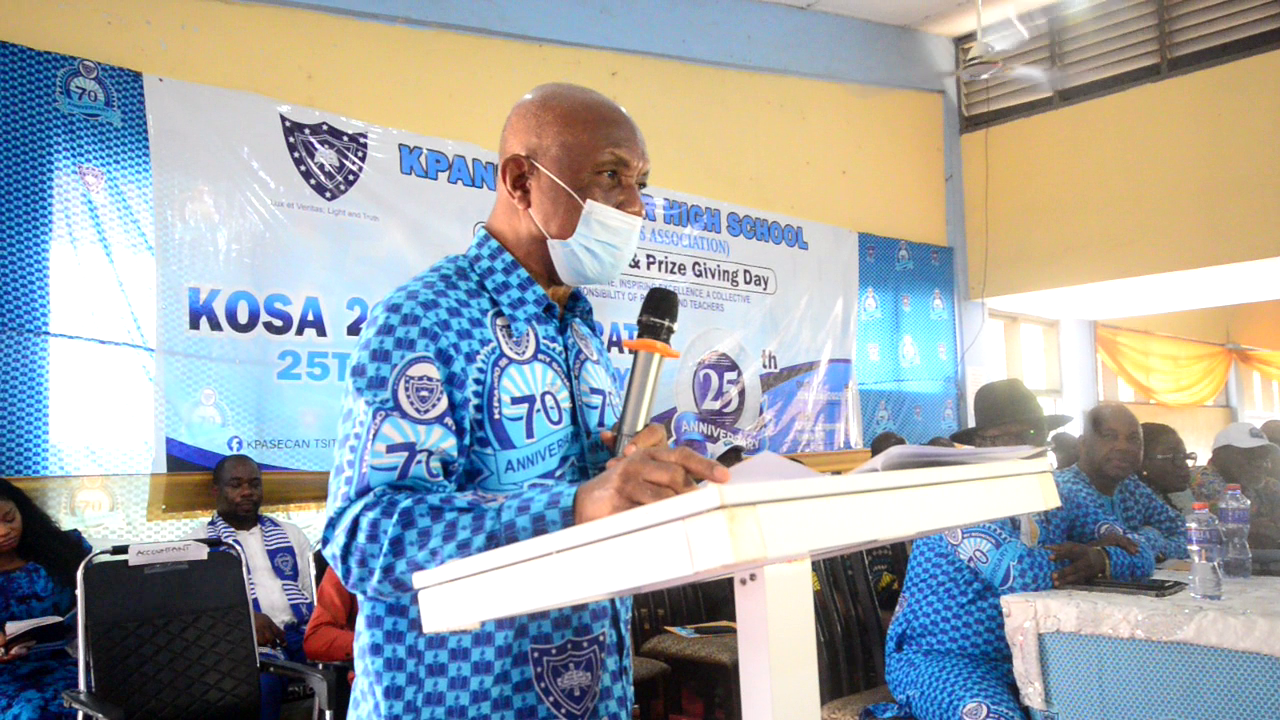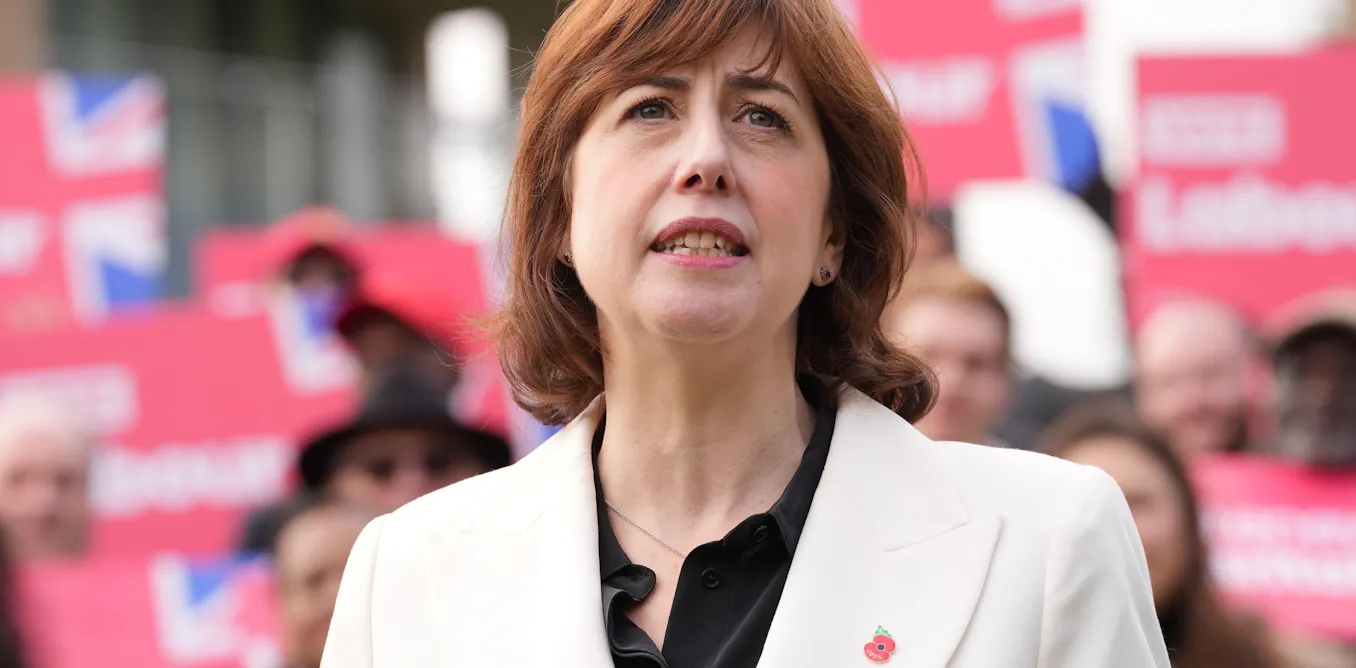Copyright pakistantoday

Weak economic institutional quality has meant that the government has not been able to provide ‘rules of the game’ or legislation that on one hand allows a governance, and incentive structure for the organizations, firms, state-owned enterprises, overall economic agents, and markets to function in a way that pushes the economy towards an appropriate level of productive, and allocative efficiencies. The neoliberal assault under which the government, and the State Bank of Pakistan has virtually continued to operate, particularly over the last four decades or so, has diminished an otherwise very important role of government to mostly as a fixer of market failures, and a facilitator to the private sector. At the same time, the rise of oligarchic power at the back of perpetuation of extractive politico-economic institutional design– which is supported by a limited role of public sector under Neoliberalism– has resulted in increase in the impact of moneyed interest on public policy– with reciprocal support provided by vested interest groups in for instance election campaign finance– at the cost of a diminishing role of public opinion on public policy. This has led to spiraling down of political voice over the years, and lack of accountability of public representatives, the public officials they appoint, the lack of public goods they provide– including making efforts to increase resilience against existential threats like climate change crisis, and the related ‘Pandemicene’ phenomenon– and the space and contracts they allow private sector, under the neoliberal banner of loose regulation real sector, and financial markets, over-board privatization, and large-scale outsourcing of otherwise important role of public sector, for example in the aspects of education, health, and strategic SOEs. This compromised political, and economic landscape at the back of short-term profit-oriented market signals has resulted in an endless power struggle in terms of centre-staging of power politics– rather than benevolence, and national interest– increased income and wealth inequality, and neoliberal-influenced policy that rather than focusing on improving economic institutional quality, especially in terms of a significant move made towards reaching much-needed, much-greater improvement on the aggregate supply side, continues to allow overboard practice of austerity policies that has continued to push the country away from sustainable macroeconomic, and economic growth consequences, and much-required meaningful built-up of resilience, in particular in the fields of economy, environment, and epidemiology. Instead, such politics has used popular unrest to wrongly take focus away from neoliberalism– which feeds this politics as a safeguard by the very moneyed/vested interest– and on creating xenophobia, and politics of hate, in turn, falsely accusing the minorities, or immigrants as reasons behind economic crisis of affordability, and overall political unrest. One important consequence has been creation of an affordability crisis, may that be in terms of a huge gulf in the majority in both rural and urban economies of falling real incomes/wages, on one hand, and on the other, has resulted in increase in transaction costs that add to pressures of otherwise falling real incomes/wages over many years– hence a rise in poverty also– in terms of making ends meet. At the same time, inflation continues to make a heavy comeback time and again, with mostly short-term gaps; for instance, CPI inflation crossed 30 percent in the wake of the Covid-19 pandemic, and stayed high for many months, mainly because of austerity-based temporary macroeconomic stabilization, and that too at the back of deep economic growth, and employment sacrifice. Moreover, the affordability crisis is more than what is captured by the limited basket on which the Consumer Price Index is based; and this is on top of lack of quality or value of the things from education, health, to overall public services, and under-regulated, sub-optimal privately produced goods and services. In addition, the fast-rising cost of health at the back of environmental externalities in the shape of rising air pollution at the back of fast-unfolding climate change crisis, and the neoliberalism-influenced diminishing role of government in planning green cities, and regulating real sector production activities, and markets for environmentally viable outcomes in terms of needed products, adequate quality of what is nonetheless provided, and pricing that is not heavily influenced by over-profiteering. Moreover, the virtually universal assault of Neoliberalism over the last four decades, or so has meant that even in developed countries the affordability crisis has become centrestaged in politics. Having said that, public sentiment has not received everywhere the serious, and benevolent hearing, and action it deserved as in a number of places instead of harnessing politics for attacking the real culprits behind the affordability crisis – including addressing the serious concern of not affording the outcomes of climate change crisis, but effectively hurdling its march through finance, activism, and public policy attention, both domestic, and multilaterally– otherwise fringe parties, and otherwise sidelined political elements in main political parties have hijacked the genuine agenda of back-rolling the neoliberal assault, and in the process undoing the extractive institutional design. Instead, such politics has used popular unrest to wrongly take focus away from neoliberalism– which feeds this politics as a safeguard by the very moneyed/vested interest– and on creating xenophobia, and politics of hate, in turn, falsely accusing the minorities, or immigrants as reasons behind economic crisis of affordability, and overall political unrest.



